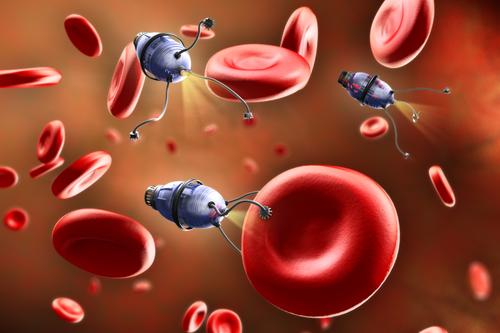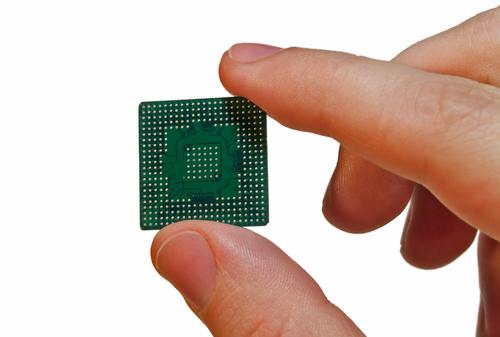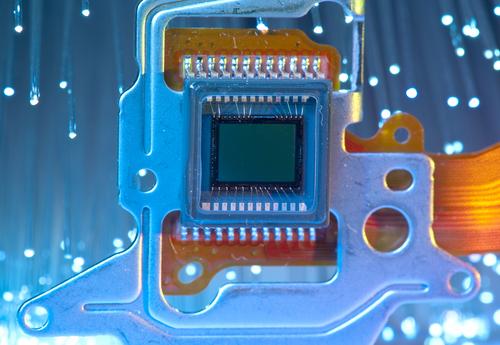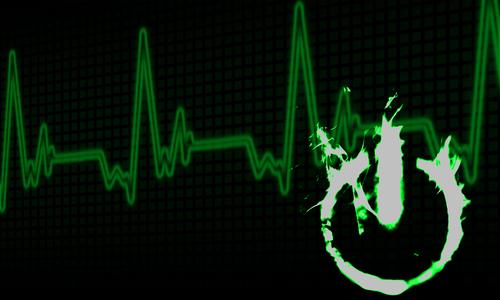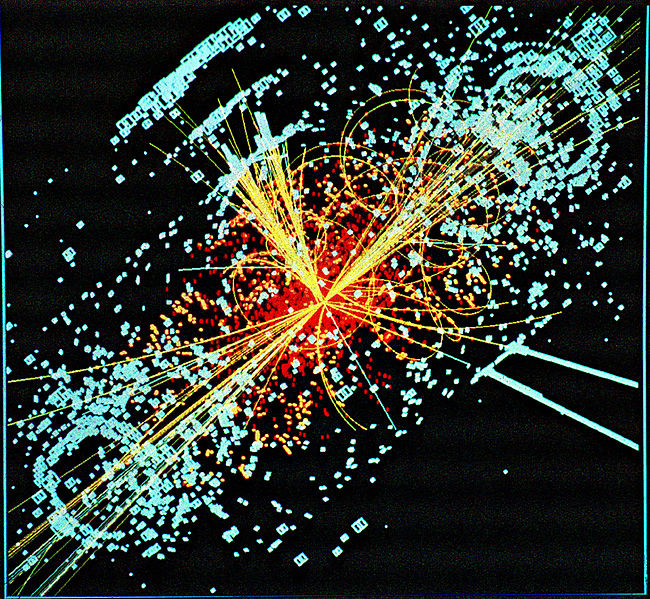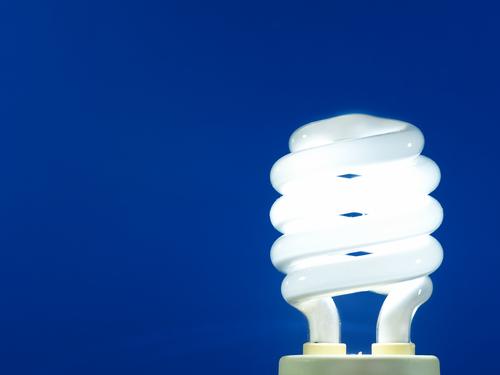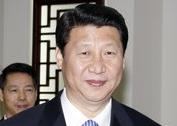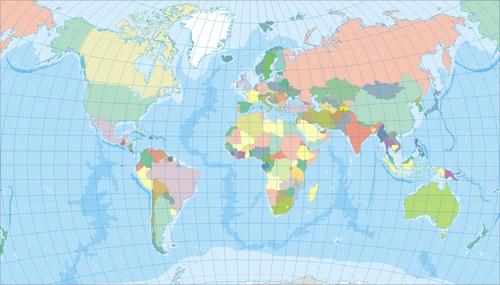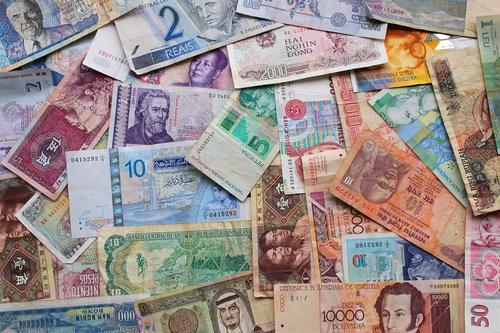Orion Jones
Managing Editor
Get smarter, faster, for success in the knowledge economy. Like us on https://t.co/6ZFWKpoKLi or visit https://t.co/d7r7dG2XOq
Proteins which form part of the immune system change according to the time of day. Our 24-hour body-clock may soon become an important factor in administering medical treatments.
Inspired by the body’s own immune system, Harvard researchers have engineered a nanorobotic device that can deliver molecular instructions to cancer cells, ordering suicide.
A British company has announced it will release a small gene sequencing device the size of a USB stick which plugs into a laptop computer to deliver its sequencing results.
A new microchip implanted under the skin has shown promise in treating diseases which require regular injections of medication. Doctors are calling the achievement the dawn of ‘telemedicine’.
Some of the world’s most innovative organizations gathered this week in Washington to discuss the new paradigm of innovation and why it is no longer an ethereal pursuit.
Creating a good team of employees requires more than treating them like worker bees. The best businesses are learning to engage their employees just like they engage their best customers.
How is it that so many professional scouts and coaches missed the rising talent of Jeremy Lin? It could be that leadership requires multiple chances to succeed or fail, not just one opportunity.
Action Ambulance provide ambulance and transportation services to a variety of clients in an industry that avoids aggressive sales techniques, but its CEO wants to increase its customer base…
Once you have an idea for a product or service that solves a particular problem in the marketplace, you need to calculate the value of that product to your customer, then assign a price.
In the form of a spray can, a small Utah company may have revolutionized how data is transferred over long distances. Forget ugly antennae towers, that tree over there will do.
What do algae blooms have to do with South American genocides? Computer companies searching for patterns amongst unfathomable amounts of data are changing how we do science.
To keep power use down, tomorrow’s microchips will rely on light beams to transfer data rather than electricity. That’s good for the US, which still has an advantage in chip manufacturing.
A California-based company has developed a breath test that can identify lung cancer with 83 percent accuracy and can distinguish between different types of cancer.
Taiwanese scientists are using the mathematics of chaos theory to determine the unique numerical features that underlie the pattern of your heartbeat, which never repeats itself.
As budget cuts hit NASA, the space agency will seek out international partners for a new manned mission that will take humans further into space than ever before.
Breathing air pollution is worse for your heart than your lungs, say scientists. A new study reveals that even one day’s exposure to chemicals in the air increases heart attack rates.
Scientists have agreed on boosting power levels at the Large Hadron Collider by 14 percent. 2012 should settle once and for all the question of the Higgs boson’s existence.
Beneath the Greenland’s icepack, there are untold riches in the form of exploitable energy. The country also provides a pathway to the Arctic which is sought by China, among others.
Energy efficiency means cheaper energy. Cheaper energy means having more money to spend on energy. See the problem? What we really must accept is slower economic growth.
The obvious solution to the distraction and shallow thinking that accompanies too much Internet is switching off. But that’s not a realistic option nowadays. Here’s how to plug in better.
By the end of this year, there will be more mobile-connected devices than humans, said Cisco in its Global Mobile Data Traffic Forecast Update. There will be 10 million devices by 2016.
The abundance of choice offered by online dating acts as an extension of capitalistic culture. We now approach relationships like a buffet table, hungry to satiate only our own desires.
A pair of social psychologists say the things that make a relationship work—what you learn about someone after you’ve met them—cannot possibly be measured by online dating sites.
Lucy Prebble, a young but promising English playwright, has drawn on her own youth to say that playing computer games is more social and more thought provoking than reading a book.
China’s current Vice President and pig farmer during the cultural revolution, Xi Jinping is expected to replace current President Hu Jintao in October. Jinping is visiting the White House today.
With revolutions in transport and communication, many predicted the nation-state would fade into irrelevance behind supranational organizations and multinational corporations. Wrong.
As we enter year five of the global economic recession, is it fair to say that capitalism is in crisis? What, if any, are the alternatives? A Nobel laureate and a federal judge weigh in.
Moves toward regional currencies, and perhaps to a single global currency, could make wealth more stable by reducing speculation and simplifying governments’ monetary policies.
With its stagnant economy, the United States should pick out the best ideas from the Chinese model of economic development and fit them to work for its own system.
Always mindful of the mind, Jonah Lehrer offers a brief history of creativity. Based on empirical results, brainstorming and teleconferencing are out, accidental interactions and trust are in.

